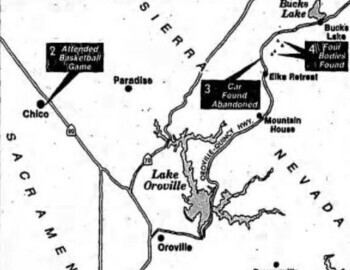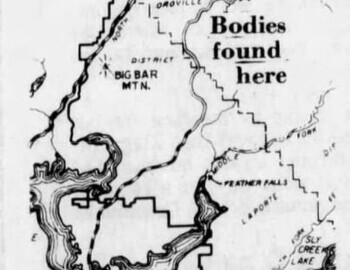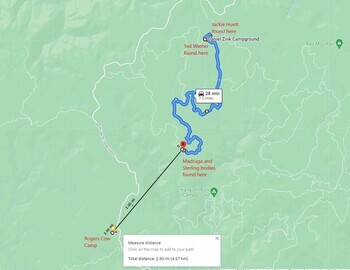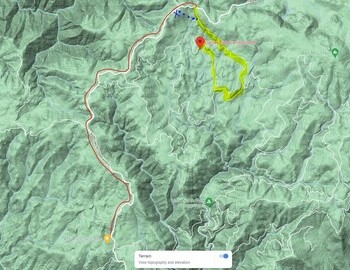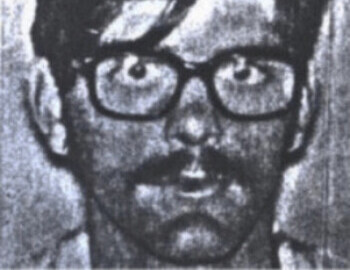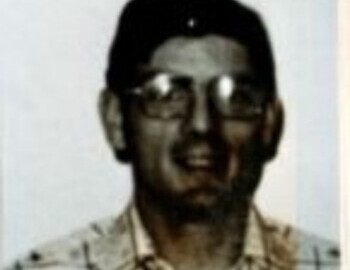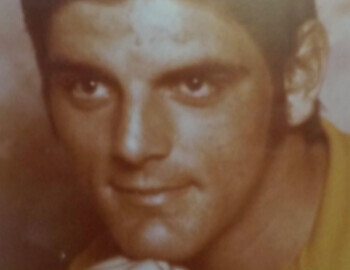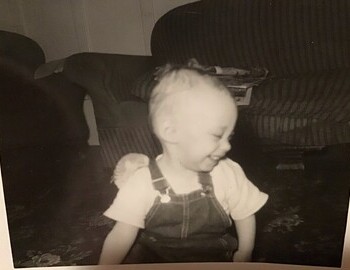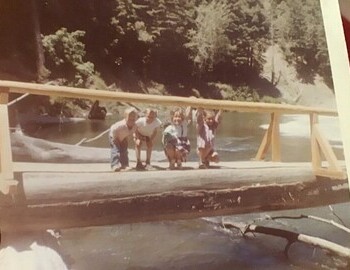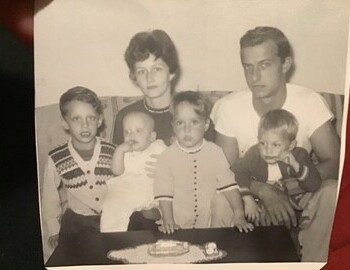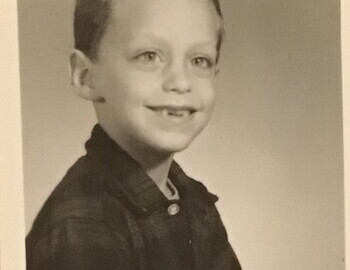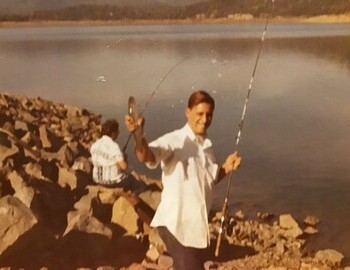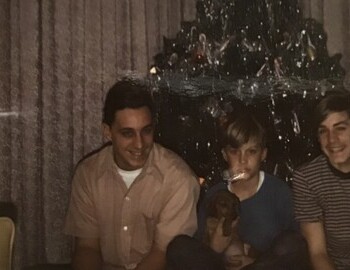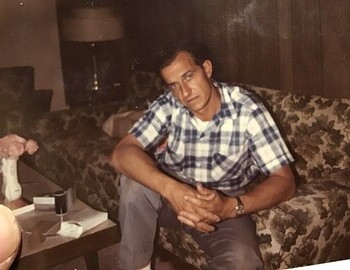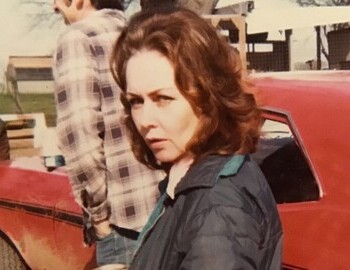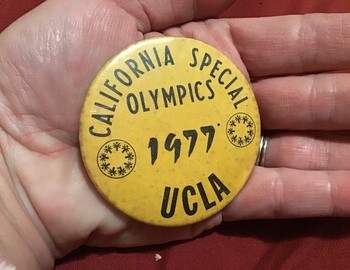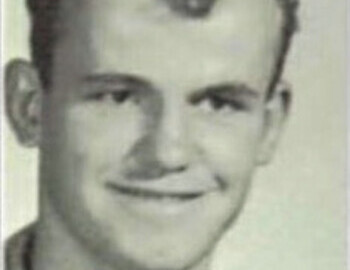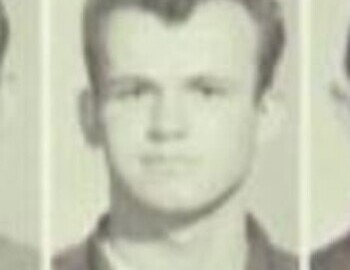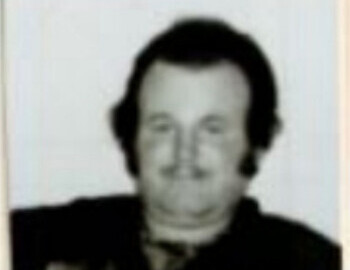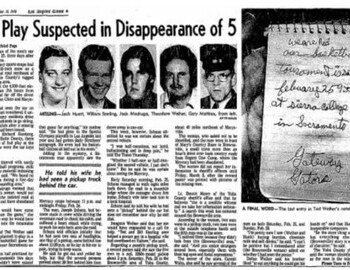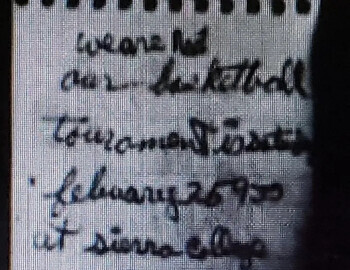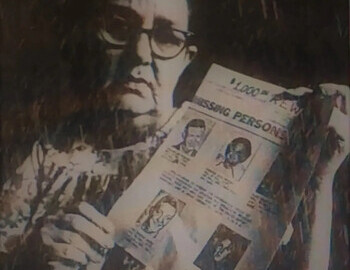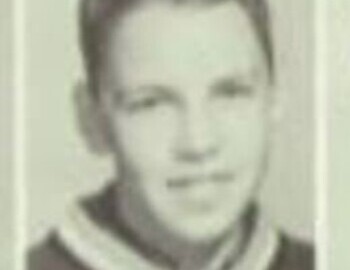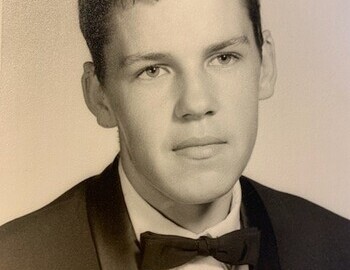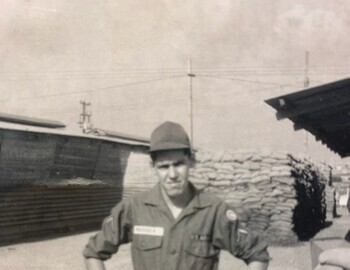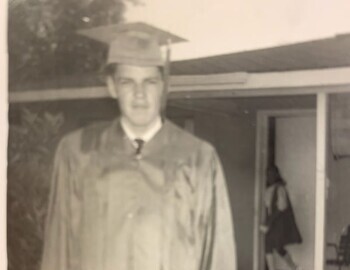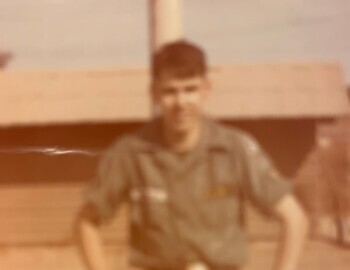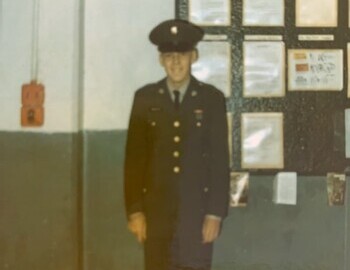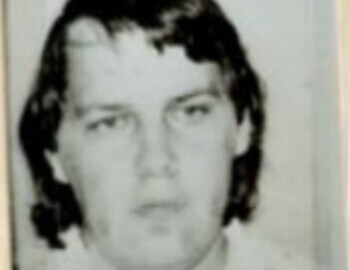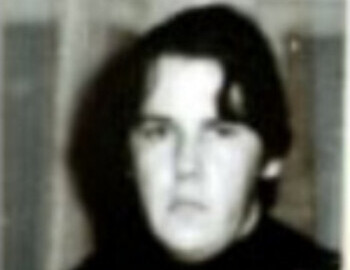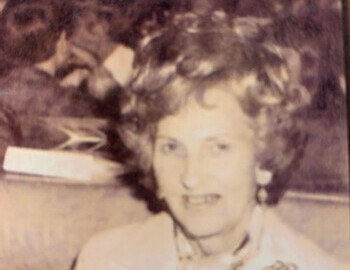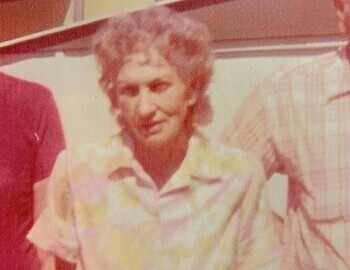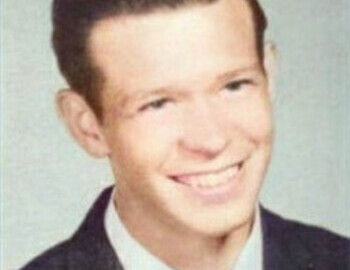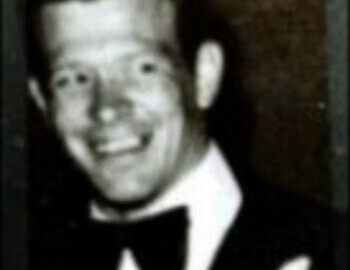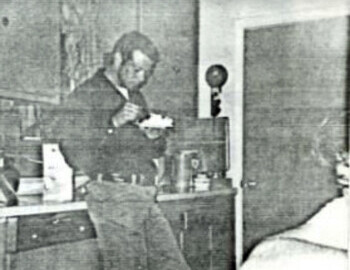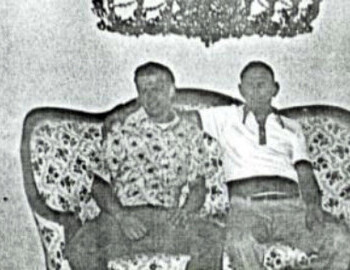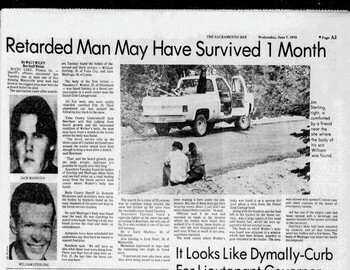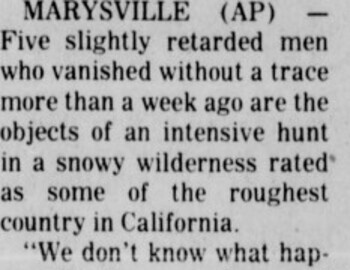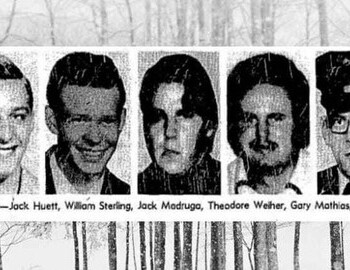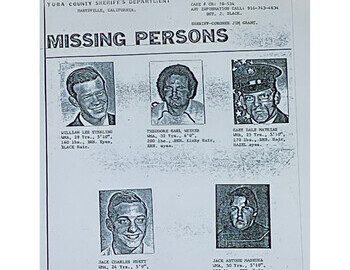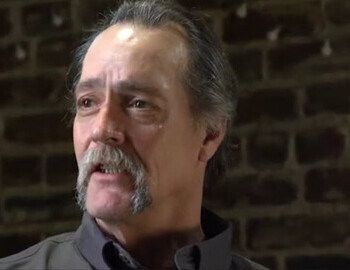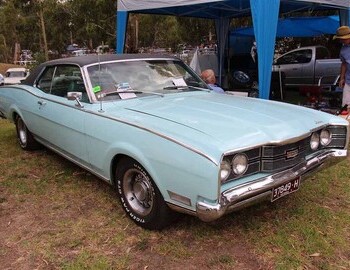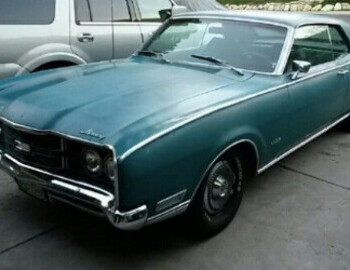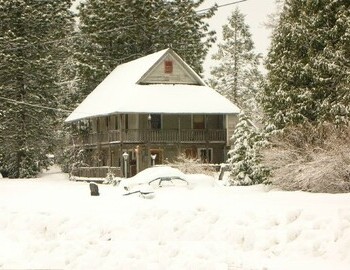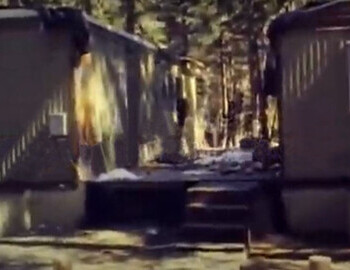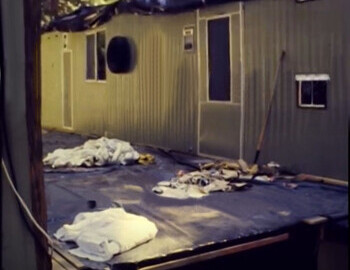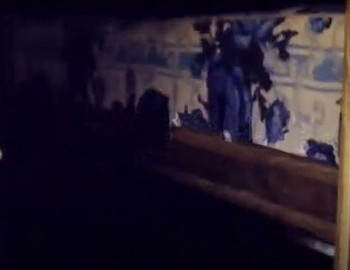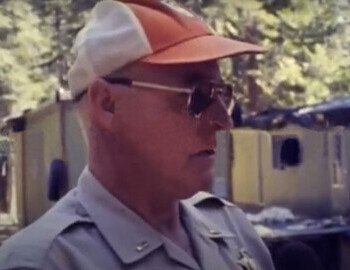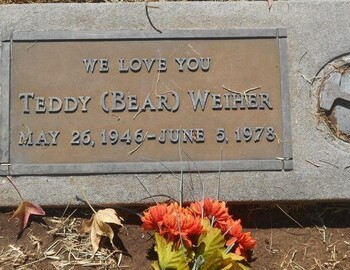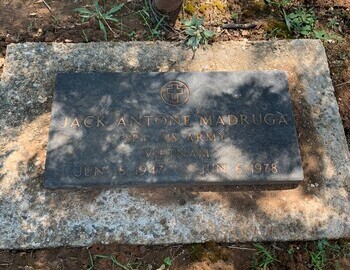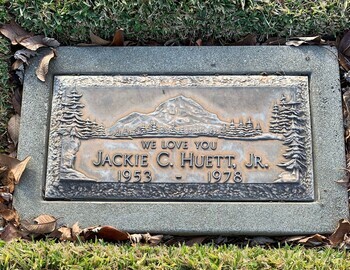
5 'Boys' Who Never Came Back
July 6, 1978. Copyright Washington Post.. By Cynthia Gorney
There was a half moon that night, a winter moon in a cloudless sky. Up in the mountains above the Feather River, the snow-drifts sometimes rose to 15 feet.
"You need a coat", Ted Weiher's grandmother had said, watching him go.
"Oh, Grandma, I won't need a coat", Weiher had said. "Not tonight."
Two hours before midnight last Feb 24, when the basketball game ended at the California State University at Chico, five young men from the flatlands 50 miles to the south climbed into a turquoise and white 1969 Mercury Montego and drove out of the parking lot. They were fans of the visiting team, which had won. They stopped three blocks away at Behr's Market, mildly annoying the clerk (who was trying to close up), and bought one Hostess cherry pie, one Langendorf lemon pie, one Snickers bar, one Marathon bar, two Pepsis and a quart and a half of milk.
Then they walked out of the store, got back in their car, drove south out of Chico and disappeared.
Ted Weiher's grandmother woke up afraid, at 5 the next morning. She cannot say what woke her up, except that maybe the Lord decided it was time to end her one last night of solid sleep. Ted's bed was empty.
The house was still and it was not quite light and this is how the horror began, as it often does: no crash, no wailling, just a dim morning chill in a small house on what ought to be an ordinary day.
Imogene Weiher got on the phone and called Bill sterling's mother as fast as she could.
Juanita Sterling had been up since 2 a.m. "Bill didn't come home either", she said.
Mrs. Sterling had already called Jack Madruga's mother. Jack also had not come home. Mrs. Weiher called Jackie Huett's mother and Mrs. Weiher's daughter-in-law walked down the street to talk to Gary Mathias' stepfather. All five friends had vanished. At 8 that evening, Mrs. Madruga called the police.
The boys had never done such a thing before.
They were men, really, not boys - Huett was the youngest, at 24, and Weiher was 32 - but their families called them boys, our boys. They lived at home. Three of the five had been diagnosed retarded; Madruga, although undiagnosed, according to his mother, was generally thought of as slow, and Mathias was under drug treatment for schizophrenia, a psychotic depression that first appeared five years ago and that his doctor says had not resurfaced for the past two years.
They were supposed to play a basketball game of their own on Feb 25, part of a tournament, with a free week in Los Angeles if they won. Their clothes had been laid out the evening of the 24th, before they left for Chico - each had a beige T-shirt, the words "Gateway Gators" emblazoned across the chest, from the Yuba City vocational rehabilitation center for the handicapped where they all played basketball. Weiher had asked his mother to wash his new white high-topped sneakers for the tournament (he had scuffed them while trying them out); Mathias had just about driven his mother crazy with the game. "We got a big game Saturday", Mathias kept saying. "Don't you let me oversleep."
Saturday came and went and no word came. The police began to take interest. On Tuesday, Feb 28, they found Madruga's Mercury, and from that day on nothing they found, nothing anybody told them, seemed to make any sense.
The car was 70 miles from Chico, on a deserted and rut-ravaged mountain road. It had stopped at the snow line, and although its tires had apparently spun, the car was not really stuck; five men easily could have pushed it free. The gas tank was a quarter full. Four maps, including one of California, lay neatly folded in the glove compartment. The keys were gone, but when police hot-wired the car the engine started immediately.
Both seats were littered with the wrappers of the food bought at Behr's. Everything had been eaten except the Marathon bar, which was half gone.
And the car's underside was undamaged. This heavy American car, with a low-hanging muffler and presumably with five full-grown men inside, had wound up a stretch of tortuously bumpy mountain road - apparently in total darkness - without a gouge or dent or thick mudstain to show for it. The driver had either used astonishing care and precision, the investigators figured, or else he knew the road well enough to anticipate every rut.
The families say only Madruga drove that car, ever. And the families say Madruga, who disliked camping and hated the cold, did not know that road.
- 2 -
None of the boys knew the road, as far as anybody could tell. Once about eight years earlier, Bill Sterling had gone fishing with his father at a cabin not far away, but he had not enjoyed himself and had stayed home the few times the Sterlings went back. Three years ago Weiher had hunted deer with friends in the Feather River country, but it was quite a way west of the area where the car was found, and his family says he was not keen on the forest either. With the exception of Mathias, who occasionally stayed out all night with friends, each of the lost men led mostly stay-at-home lives of such scheduled predictability that no one could fathom what - or who - might have taken them up that lonely road in mountains. The Deserted Trailer
A storm whistled in the day the car was found, dropping nine inches of snow on the upper mountain. The search teams nearly lost men themselves two days later, as their Snow-cats struggled through the drifts. Nobody found anything, not so much as a shoe, unti lafter the spring thaw, when on June 4 a small group of Sunday motorcyclists wandered into a deserted forest service trailer camp at the end of the road and inhaled a nau-seating smell.
It was Ted Weiher, stretched out on a bed inside the main 60-foot trailer, frozen to death. Eight sheets had been pulled over his body and tucked around his head. His leather shoes were off, and missing. A table by the bed held his nickel ring with "Ted" engraved on it, his gold necklace, his wallet (with cash inside), and a gold Waltham watch, its crystal missing, which the families say had not belonged to any of the five men.
Weiher had been a tall, heavy-set follow back in February - 5 feet 11, 200 pounds. By the time his body was found he had lost from 80 to 100 pounds.His feet were badly frostbitten. The growth of beard on his face showed that he had lived apparently, in starving agony inside that trailer, for anywhere from eight to 13 weeks.
He was 19.4 miles from the car, Weiher, wearing a striped velour shirt and lightweight green pants, had walked or run, or been somehow taken in the moonlight through almost 20 miles of 4-to-6-foot snowdrifts to reach the locked trailer where he died.
The trailer had been broken into through a window. No fire had been built although matches were lying around and there were paperback novels and wood furniture that would have burned easily. More than a dozen C-ration cans from an outside storage shed had been opened and emptied - one had been opened with an Army P38 can opener, which only Madruga and Mathias who had served in the Army, probably knew how to use - but no one had opened a locker in the same shed containing enough dehydrated Mexican dinners and fruit cocktails and assorted other meals to keep all five alive for a year.
No one had touched the propane tank in another shed outside, either. "All they had to do was turn that gas on", says Yuba County Lt. Lance Ayers, "and they'd have had gas to the trailer, and heat".
All though the spring, the search for the boys had practically consumed Ayers. He had gone to Marysville High School with Weiher and his brothers, although he had not known them well, and there was something about this silent disappearance of five strong men that haunted him like nothing he had ever investigated. Leads were drifting in from all parts of the country. The boys had been seen in Ontario; the boys had been seen in Tampa; the boys had been seen entering a movie theater in Sacramento accompanied by an older man. Ayers could punch holes in all of them. Skeptical but desperate, the consulted psychics: One told him the boys had been kidnapped to Arizona and Nevada; another said the boys had been murdered in Oroville, in a two-story red house, brick or stained wood, with a gravel driveway and the number 4723 or 4753.
For two solid days Ayers drove every street in Oroville, looking for that house. It did not exist.
Before long he could rattle off their names and vital statistics almost automatically. Theodore Earl Weiher, brown eyes, curly brown hair, handsome beer-bellied, friendly in a trusting child's way (he waved at strangers and brooded for hours if they did not waveback); got a good chuckle out of phoning Bill Sterling and reading from newspaper items or oddball names from the telephone book; employed for a while as a janitor and snack bar clerk but quit at the urging of his family, who thought Weiher's slowness was causing problems. Jackie Charles Huett, 24, 5 feet 9, 160 pounds, slight droop to the head, slow to respond, a loving shadow to Weiher, who looked after Huett in a protective sort of way and would dial the phone for him when Hyett had to make a call. Jack Antone Madruga, 5 feet 11, 190 pounds, high school graduate and Army veteran, brown eyes, brown hair, heavy-set, laid off in November from his job as a busboy for Sunsweet growers. William Lee Sterling, 5 feet 10, 170 pounds, dark brown hair, blue eyes, Madruga's special friend, deeply religious, would spend hours at the library reading literature to help bring Jesus to patients in mental hospitals. Gary Dale Mathias, 5 feet 10, 170 pounds, brown hair, hazal eyes, 25, assistant in his stepfather's gardening business. Army veteran with psychiatric discharge after drug problems that developed in Germany five years ago.
By late spring Ayers was dreaming about the boys at night. Once he woke in the darkness, arms outstretched: He had almost embraced all five.
"You do a lot of handshaking." Ayers says. "And a lot of drinking."
- 3 -
Whistling Noises in the Night
Then there was the man who saw lights on the road. Joseph Shones, 55, told police he drove his Volkswagen bug up that same road sometime after 5:30 the evening the boys disappeared. He said he was checking the snow line, because he wanted to bring his wife and daughter up that weekend. His car got stuck in the snow just above the snow line - about 50 yards beyond the place where the Mercury would be found - and as Shones was trying to free his car, he said, he had a heart attack. (Doctors later confirmed to investigators that Shones had indeed suffered a mild heart attack.)
Shones lay in the car with engine on and the car heater going, he said. Sometime in the night, he heard what he described as whistling noises a little way down the road, and he got out of his car. What he saw looked like a group of men and a woman with a baby, he said, walking in the glare of a vehicle's headlights. He thought he heard them talking. Shones said he yelled for help, but the headlights went out, and the talking stopped.
Shones got back into his car and lay down again, he said. Sometime later, maybe a couple of hours, he saw lights outside his car window - flashlight beams, he said. Again he called for help.The lights went out and whoever was out there went away. Shones said he lay in the car until it ran out of gas, and then while it was still dark he walked back eight miles to the lodge called Mountain House, where he had stopped for a drink before heading up the road. Just below his Volkswagen, in the place where he had heard the voices, he passed the Mercury Montego sitting empty in the middle of the road.
The day after Weiher's body was discovered, searchers found the remains of Madruga and Sterling. They lay on opposite sides of the road to the trailer, 11.4 miles from the car. Madruga had been partially eaten by animals and dragged about 10 feet to a stream: he lay face up, his right hand curled around his watch. Sterling was in a wooded area, scattered over about 50 feet. There was nothing left of him but bones.
Two days later, just off the same road but much closer to the trailer, Jackie Huett's father found his son's backbone. Ayers had tried to talk him out of joing the search, fearing something like that might happen, but Huett, whose first name is Jack, had insisted on going. There were a few other bones around, along with Jackie's Levis and ripple-soled "Get Theres" shoes. An assistant sheriff from Plumas County found a skull the next day, about 100 yards downhill from the rest of the bones. The family dentist identified the teeth as those of Jackie Huett.
Huett's remains had lain northeast of the trailer, like Sterling's and Madruga's. Northwest of the trailer, about a quarter mile away, searchers found three wool forest service blankets and a two-cell flashlight lying by the side of the road. The flashlight was slightly rusted and had been turned off. It was impossible to tell just how long it had been there.
They found no sign of Gary Mathias.
His tennis shoes were inside the forest service trailer, which suggested to investigators that he might have taken them off to put on Weiher's leather shoes - particularly since Weiher had bigger feet, and Mathias' feet might have swollen with frosbite. But that was pure conjecture, which was all they had.
State mental institutions have received a description of Mathias - slender, dark-haired, double vision without his glasses. He was not carrying his billfold when he left the house for the Chico basketball game, so he had no identification on him, and if he is still alive he has been without the drugs he needs for the last four months.
Mathias took his medicine weekly, as he had for at least three years - stellazine and cogentin, both used in the treatment of schizophrenia. His family says the illness appeared five years ago, while he was in the Army in Germany. Police records show he had become violent on occasion - he was charged with assault twice - and there was a difficult period, after his return from Germany, when Mathias would fail to take his drugs and lapse into a disoriented psychosis that usually landed him in a Veterans Administration hospital. "Went haywire", is how Bob, his stepfather, puts it.
For the last two years, though, Mathias had been working steadily in his stepfather's business and was taking his medication so faithfully that a local doctor who knows Mathias well calls him "one of our sterling success cases." He collected Army psychiatric disability pay, was enormously attached to his family, loved the basketball games he shared with the other four men and listened to the Rolling Stones and Oilvia Newton-John on the record player in the living room. Klopf says his stepson took his medicine the week he disappeared. But he and the doctor say Mathias had not "gone haywire" in two years.
- 4 -
"What I looked for all the time I was up there were his glasses", says Klopf. "I didn't think the bear would eat that."
He is sitting at his dining room table. His voice is gruff. He is tired of reporters and tired of the pain and tired of not understanding what happened to the boy. Ida Klopf, across the table from him, says she had not turned on her television in weeks because she does not want to find out that way. She says she is going back up there on the weekend, back up to see if she can find something the searchers missed.
"There's no place to look, Ida", says Klopf.
"I'll find someplace", Mrs. Klopf says, turning her face away.
A Thousand Leads
"Bizarre", says John Thompson, the special agent from the California Department of Justice who has joined Ayers on the investigation. "And no explanations. And a thousand leads. Every day you've got a thousand leads."
They learned that a forest service Snowcat ran up the road to the trailer on Feb 23, leaving a packed path in the snow that the boys might have followed.
They took on a water witcher from the town up north called Paradise, who said the he had fixed it so his divining rod would pick up traces of human minerals and then led the searchers to a deserted cabin near the abandoned car.
They found a gray cigarette lighter, the disposable plastic kind, about three-quarters of a mile northwest of the trailer. The families said none of the boys carried lighter.
They found that gold watch beside Weiher's body.
They discovered that Gary Mathias knew people in Forbestown, which is about halfway between Chico and Yuba cities, on a road with a turnoff so easy to miss that anybody driving it late at night might have ended up heading north, toward the mountains, and lost.
But none of it helped. The cabin-found by the water witcher was empty, the cigarette lighter might have been dropped by a hiker, the watch might have belonged to a forest ranger in the trailer mouths earlier, and Mathias' friends in Forbestown said they had not seen him for a year.
And suppose they followed the Snowcats' tracks. Suppose that was how Weiher made it through 20 miles of deep snow. Why?
Why abandon a perfectly operable car to strike out into the forest at midnight?
Why press on through 20 miles of snowdrifts and darkness to break into a lock, unheated trailer and die?
Why drive all the way up there in the first place? And how? If someone chased them, why was the car undamaged? What were the whistling noises and the voices Shones heard on the road?
It doesn't add up.
"There was some force that made em go up there." Jack Madruga's mother Mabel says firmly. "They wouldn't have fled off in the wood like a bunch of quail. We know good and well that somebody made them do it. We can't visualize someone getting the upper hand on those five men, but we know it must have been."
"They seen something at that game, at the parking lot", says Ted Weiher's sister-in-law. "They might have seen it and didn't even realize they seen it."
"I can't understand why Gary would have been that scared", says Klops.
Even a fire, he says, "All those paperbacks and they didn't even build a lousy fire. I can't understand why they didn't do that unless they were afraid."
But he cannot imagine what they were afraid of. Neither can the investigators. They can't prove there was foul play and they can't explain it if there wasn't.
They don't even know if Gary Mathias is dead. They think he is. They think his body probably lay on the snow until the spring thaw came and eased him down, deep inside some thick green patch of mountain manzanita.
You can discuss this topic on Dyatlov Pass Forum.
Yuba Podcats
"This case is bizarre as hell."
— Jack Beecham, Yuba County Undersheriff (1977-1979)
On February 24, 1978, five men from the Yuba County, California-area vanished in the wilderness of Northern California. They had set out on what should’ve been a quick road trip to watch their favorite basketball team in a neighboring town. But all five friends wound up missing or dead.
The finer points of this story are more complicated, though. Three of the men - Ted Weiher, Jackie Huett, and Bill Sterling—would likely fall on the autism spectrum today. One of the men - Gary Mathias - was a person living with schizophrenia. And the last man - Jack Madruga, the person driving - was never diagnosed at all.
Days after their disappearance, Madruga’s 1969 Mercury Montego was discovered abandoned 60 miles east of Chico, on an isolated, snow-packed mountain road deep in the Plumas National Forest.
Months later, a group of motorcyclists happened upon the emaciated, decomposing body of Ted Weiher, tucked neatly under eight sheets, inside an empty off-season forestry trailer 12 miles north of where the car was deserted. Based on beard growth, experts estimated Weiher had survived at least two months.
In the days following, searchers found the skeletal remains of Sterling, Madruga, and Huett nearby. None of the men, officials claimed, died of foul play. The body of Gary Mathias has never been recovered.
Timeline of events
| 05-26-1946 | Theodore Earl Weiher born |
| 06-18-1947 | Jack Antone "Doc" Madruga born |
| 04-05-1949 | William Lee Sterling born |
| 10-15-1952 | Gary Dale Mathias born |
| 03-29-1953 | Jackie Charles Huett Jr. born |
| Mid-1970s | Ted Weiher, Jackie Huett, Bill Sterling, and Jack Madruga began working at Gateway Projects. |
| 1977 | Gary Mathias began playing on the Gateway Gators with Weiher, Huett, Madruga, and Sterling. |
| 02-23-1978 | A forest service snow cat ran up the road to the trailer, leaving a packed path in the snow that the men might have followed. |
| 02-24-1978 | 6 PM Joseph Schons’ VW Beetle bottomed out at the snowline on a recreational road near Rogers Cow Camp and he suffered a heart attack trying to push it free. |
| 6:30 PM The men departed for the basketball game at Chico State University. | |
| 10 PM The men drove to Behr’s Market, three blocks away from the Stadium, bought snacks for the drive home, and then left the store. | |
| 12 AM Schons claimed he saw a car matching the Mercury Montego on the road near Rogers Cow Camp. | |
| 02-25-1978 | 8 AM Melba Madruga reports her son as missing to the Yuba County Sheriff’s Department but is told to wait 24 hours and call back. |
| 8 PM Melba Madruga filed an official missing persons report. The search began between Marysville and Chico. | |
| 02-28-1978 | A forest service ranger discovered the abandoned Mercury Montego on a recreational road near Rogers Cow Camp. The search for the men shifted to the Plumas National Forest. |
| 03-30-1978 | Official search efforts were called off until new leads developed. |
| 06-04-1978 | Sixteen-year-old Roger Koch discovered the badly decomposed body of Ted Weiher, tucked neatly beneath eight sheets, in a forestry trailer near the Daniel Zink Campground. |
| 06-05-1978 | Yuba County officially identified Ted Weiher as the man whose body was found in the forestry trailer. There were no signs of foul play. Officials note that Weiher’s shoes were missing, but Mathias’ were left behind, which led investigators to believe the two men were at the trailer together. |
| 06-06-1978 | The remains of Jack Madruga and Bill Sterling were found on opposite sides of a canyon road roughly three miles north, as the crow flies, from the abandoned Montego and seven south of the service trailer. |
| 06-07-1978 | Jackie Huett’s body is discovered by his father, Jack Huett Sr., less than a mile away from the trailer. The search for Gary continued. |
| 06-09-1978 | Two Forest Service workers claimed they told Butte County about the trailers at the Daniel Zink Campground. |
| 06-20-1978 | Plumas, Yuba, and Butte Counties called off their search for Gary Mathias. |
Maps and photos

